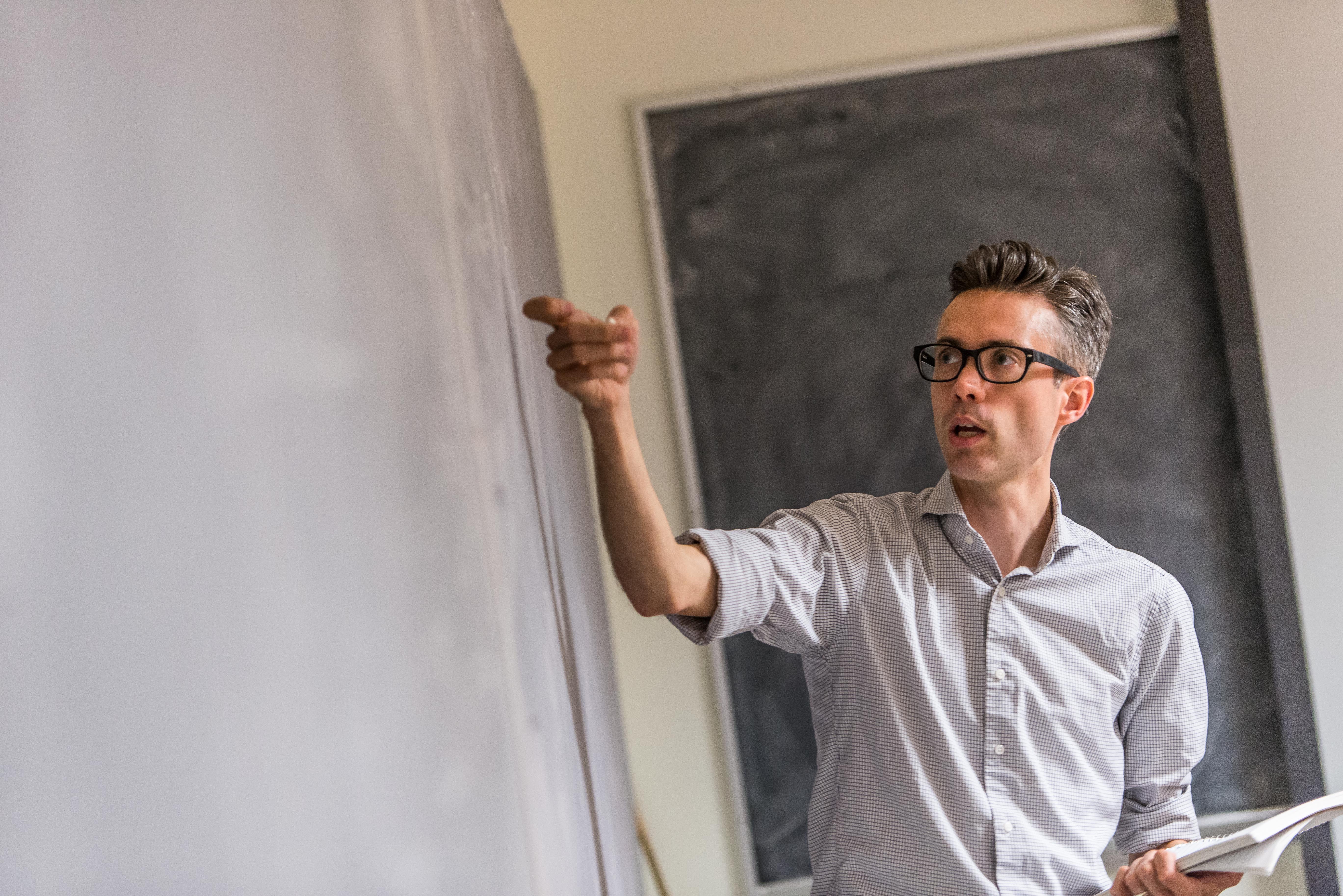 Planning Group
Planning Group
The overall process for developing the 20-year Vision will be driven by an internal executive committee, the Planning Group, that consists of the Deputy Directors, ALDs, CEO TI, Head of External Relations, chaired by the Deputy Director, Research. The Planning Group reports to TRIUMF Director, TRIUMF Board, and the Steering Committee on a regular basis.
Tasks include:
- Define the overall development process
- Define the Topical Groups, members, and chairs
- Organize overarching stakeholder engagement sessions, e.g. roundtable discussions, online survey
- Develop the high-level pillars of the vision as well as their supporting elements.
- Solicit feedback from the stakeholder community, the Steering Committee, ACOT, PPAC, and the Board of Management on the main vision elements
- Act as editorial board for the 20-year Vision document in cooperation with a professional writer
- Finalize the 20-year Vision document with feedback from the Steering Committee and deliver the final document to the TRIUMF Board for approval
- Develop and execute the communications strategy for the final 20-year Vision
Steering Committee
The Steering Committee, has been appointed by the TRIUMF Executive Director, and consist of prominent
experts with background in science, research funding, science policy, and the public sector.
Tasks include:
- Oversee the visioning and listening process, ensuring that all relevant stakeholder communities are engaged, and all voices are heard and appropriately considered.
- Provide critical feedback on the proposed vision pillars, the overall framework supporting elements, ensuring that they align with stakeholder interests
- Act as a review panel for the final document and the associated communications strategy
Members of the Steering Committe:
- Alan Bernstein - President & CEO CIFAR
- Rob Dunlop - former ADM ISED
- Danika Goosney - VP Grants, NSERC
- Digvir Jayas - VPRI University of Manitoba, TRIUMF Board
- Dermot Kellerher - Dean, Faculty of Medicine, VP Health UBC
- Bob Kowalewski - University of Victoria, Former PPAC Chair
- Ania Kwiatkowski - TRIUMF, EDI Committee chair
- Sylvain Lévesque - CFO, DBC Group, TI Board
- David MacFarlane - SLAC, Former ACOT Chair
- Julie Moskalyk - Science Director, Science North
- Karen Mossman - VPR McMaster University, TRIUMF Board
- Gilles Patry - CEO, U15
- Julia Philips - US National Science Board, Former IPRC Chair
- Caterina Ramogida - SFU/TRIUMF, TUEC past chair
- Nigel Smith (chair) - TRIUMF Executive Director & CEO
- Geneviève Tanguay - VP Emerging Technologies, NRC
Topical Groups
Topical Groups are set up across the three dimensions Science & Technology, People & Skills, and Innovation & Collaboration.
Each Topical Group will have 5-10 members and be diverse in terms of EDI considerations, including underrepresented groups, career stages, and stakeholder groups (e.g. internal and external). Membership will be appointed by the Planning Group. The Planning Group will appoint a chair for each Topical Group.
Each Topical Group will consult with the TRIUMF community and beyond broadly, using any appropriate mechanisms (workshops, round table discussions, questionnaires, community white papers, Slack channel) for their particular focus area.
Each Topical Group will summarize by March 31, 2021 in a 5-page brief their answers to the Guiding Questions in this document. There is intentional overlap in the scope of the various groups. At the beginning of Phase 2 the Planning Group will convene discussions with the Topical Group chairs to bring the various perspectives together.
The following Topical Groups will be set up in October 2020.
- Nuclear Physics (Chair: Iris Dillman)
- Covers and builds on the scope of the CINP brief to the Subatomic Physics Long Range Plan (SAP-LRP) process and the community consultation associated with the development of this brief
- Particle Physics (Chair: Oliver Stelzer-Chilton)
- Covers and builds on the scope of the IPP brief to SAP-LRP process and the community consultation associated with the development of this brief
- Fundamental Physics with AMO techniques (Chair: Amar Vutha)
- Covers AMO techniques and how they can be used to address Fundamental Physics questions from Dark Matter to Gravitational Waves
- Life Sciences (Chair: Paul Schaffer)
- Covers the spectrum of the current Life Sciences program but also looks toward new opportunities in the Life Sciences
- Probes for Quantum Materials and Biomolecules (Chair: Kenji Kojima)
- Covers the current spectrum of applications of proton, electron, muon, and radioactive beams but also looks towards TRIUMF’s potential role indeveloping neutrons and photons (e.g. THz) probes
- Quantum Technologies (Chair: Nigel Hessey)
- Covers application of quantum technologies from radiation detectors, photon sensors, and AMO techniques from the fundamental to the applied sciences
- Scientific Computing (Chair: Reda Tafirout)
- Covers big data, advanced research computing infrastructure, machine learning and artificial intelligence as well as quantum computing
- Emerging trends in Convergence Research (Chair: Reiner Kruecken)
- Covers the question of how TRIUMF can contribute to tackling transdisciplinary questions and challenges of great significance, e.g. topics of energy sustainability, climate, health, resources, the North, etc.
- Accelerator Sciences and Facilities (Chair: Thomas Planche)
- Covers current and potential future accelerator facilities at TRIUMF as well as the contributions TRIUMF might make to domestic and international projects
- TRIUMF Site Development (Chair: Anne Louise Aboud)
- Covers the question of how the Master Plan for the TRIUMF site might evolve in terms of buildings, support infrastructure and site usage (by whom for what?), informed by the output of other topical groups
- People and Skills (Chair: Sean Lee)
- Covers the full timeline and breadth of the STEM pipeline with a focus on equity, diversity, and inclusion, from outreach activities that inspire future generations for STEM fields to education and work integrated learning experiences for post-secondary students and postdocs, to career pathway opportunities for TRIUMF staff
- Innovation & Collaboration (Chair: Kathryn Hayashi)
- Covers the question on how TRIUMF can enhance and leverage its network of domestic and international partners in the academic and private sectors to enhance collaboration and translate knowledge and discovery into innovation
